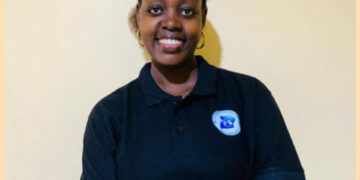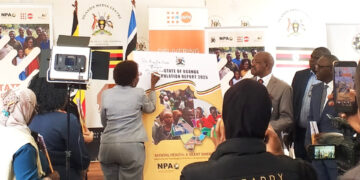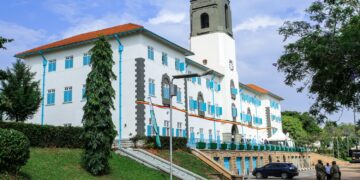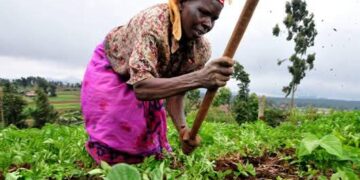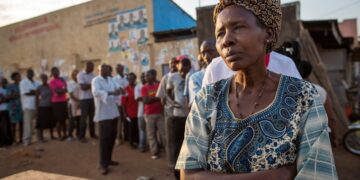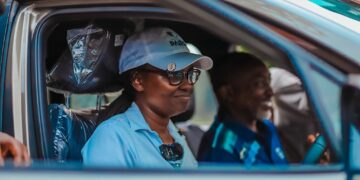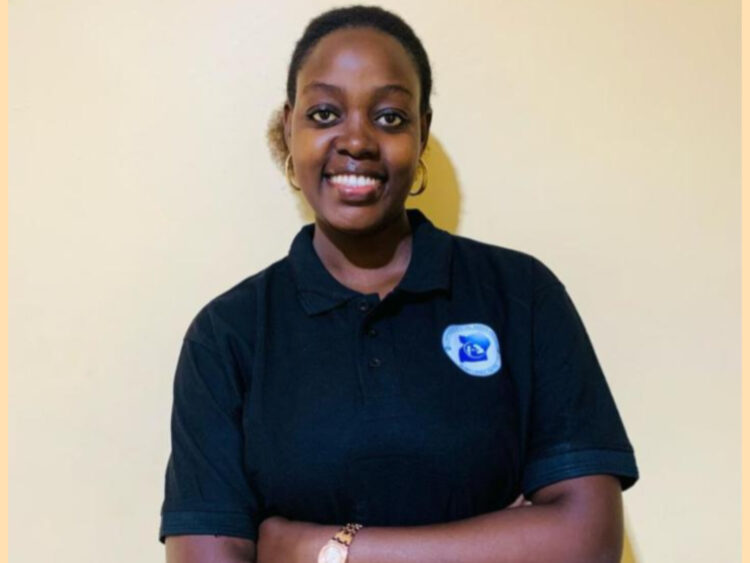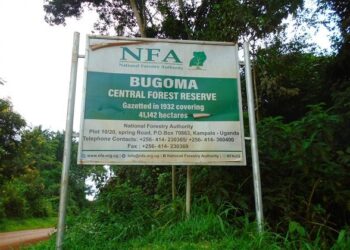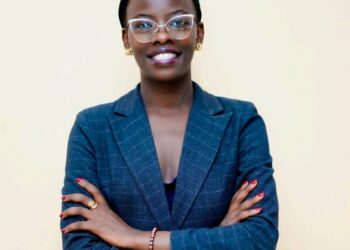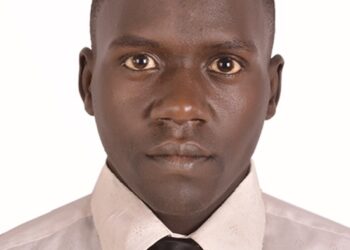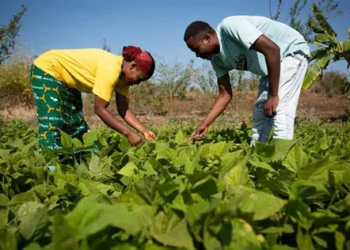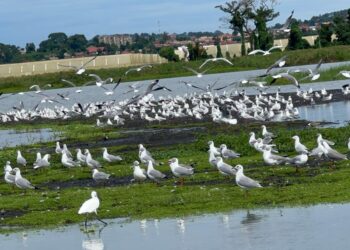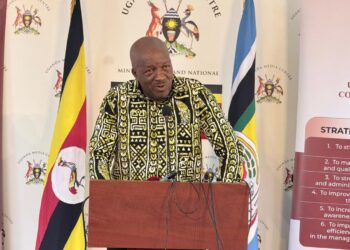OPINION
A person with disability has a condition on his or her body which limits a certain body organ to function. However, disability is not a curse as most of the people in our communities and families think. The disabled are not a burden because they are like any other human being rather disability is like a sense of inferiority that makes them suffer stigma.
All are not born disabled but disability can be acquired before birth, during birth, or after birth. Disability before birth can occur during pregnancy due to the drug abuse such as excessive alcohol drinking by the pregnant mothers, self-drug prescription without consulting medical doctors, accidents that may happen to expectant mothers hence causing dislocation of the baby in the womb, excessive exposure to x rays may also affect the baby due to excessive radiations. All this may cause disability before birth hence affecting the unborn baby.
More so disability can also occur during birth when the expectant mother fails to access maternal health care services and happens to give birth from home without being attended to, this increases the risks of the baby to be born with a disability. Premature birth also increases the risks of disability which may cause cerebral palsy, learning disability, vision and hearing difficulties.
In addition, disability also occurs after birth during growth and adulthood for example accidents that may lead to amputation of different body parts which leads to physical disability, prolonged sickness that may take an individual into a comma state like malaria thus affecting their speech, hearing.
Therefore, the best way to help the persons with disabilities is to make them feel loved to enable them develop resilience and accept themselves the way they are since it’s our duty to encourage them to build their confidence and self-esteem. This is through giving them space and platforms to express themselves.
National population and Housing Census (2024) indicated that 5.7% of Uganda’s population had disabilities hence raising the concern among disability advocacy groups which argue that the prevalence rate should have remained consistent or increased given the know causes of disabilities including road accidents and mental health conditions.
And due to the increased prevalence of disability, parents, families and communities of persons with disabilities have continued to disrespect the rights of persons with disabilities forgetting that they deserve equal rights. This has made persons with disabilities to face more challenges such as stigmatization where people call them abusive names like kasuru which has lowered their self-esteem.
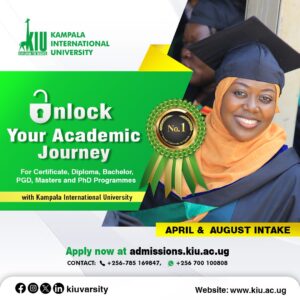
Persons with disabilities have been denied access to education hence taking other children to school, leaving them behind, and so most of the children with disabilities still see education as a dream.
Furthermore, they have also faced sexual harassment where people use them as sex objects because they think persons with disabilities do not understand hence infecting them with sexually transmitted diseases like HIV, rape, unwanted pregnancies that have caused them to live a miserable life.
Families of persons with disabilities have also denied them to attend functions like parties, family meetings which would help the to socialize with other people hence improve their self-confidence and esteem. More so, they have been denied rights of marriage and therefore the mature girls have been forced to use family planning so as not to give birth because they are seen as people who do not have the potential to take care of their children.
Persons with disabilities have also lacked access to health care services due to hospital infrastructures which are not modified for example without ramps, small doorways which make movement /mobility difficult for them.
Therefore, all this is our concern as disability advocates to act as the voice of the voiceless, we need to raise our voices and create awareness about the rights of pwds and get rid to those who go against their laws. In addition, there should be collaboration with the government to protect their rights.
Furthermore, we need to give a hand as Ugandans through donations to support not only pwds but also other vulnerable groups of people to improve their standards of living. Remember a hand that gives is a hand that receives.
As disability advocates, we need to train persons with disabilities some skills such as weaving, brick laying, tailoring and many others to enable them earn a living and reduce dependence. In addition, pwds need to be sensitized about the utilization of the locally available resources to make some of the assistive devices since they are expensive, training young girls with disabilities to make reusable pads which are echo friendly and contribute to climate change.
Conclusively, understanding disability is a vital issue encouraging inclusivity and empathy in our communities. By raising awareness and promoting acceptance, we can improve the attitude of people towards disability, eliminate barriers, create opportunities for pwds in the spaces available hence giving them opportunity to participate fully in all aspects of life.
By Ashaba Mercy,
The writer is a Programs Manager at Compassion Special Needs Uganda(CSNU)
